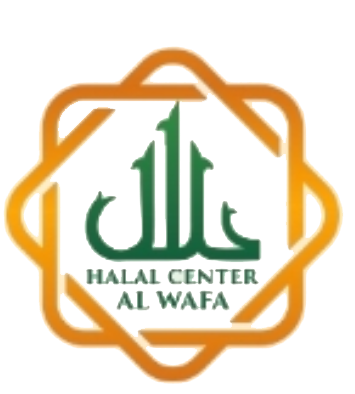

![]()
![]()
![]()
![]()
![]()
![]()
Sekretariat Yayasan Sahabat Erhabindo:
Jl. Tebet Timur Dalam VIIA no.5, Tebet, Jakarta Selatan, Indonesia
Email: admin@e-erhabindo.com
------------------------------------------------------------------------------------------------------------------------------
![]()
Journal of Halal Management and Sustainability by Erhabindo Publisher is licensed under a Creative Commons Attribution-ShareAlike 4.0 International License.
